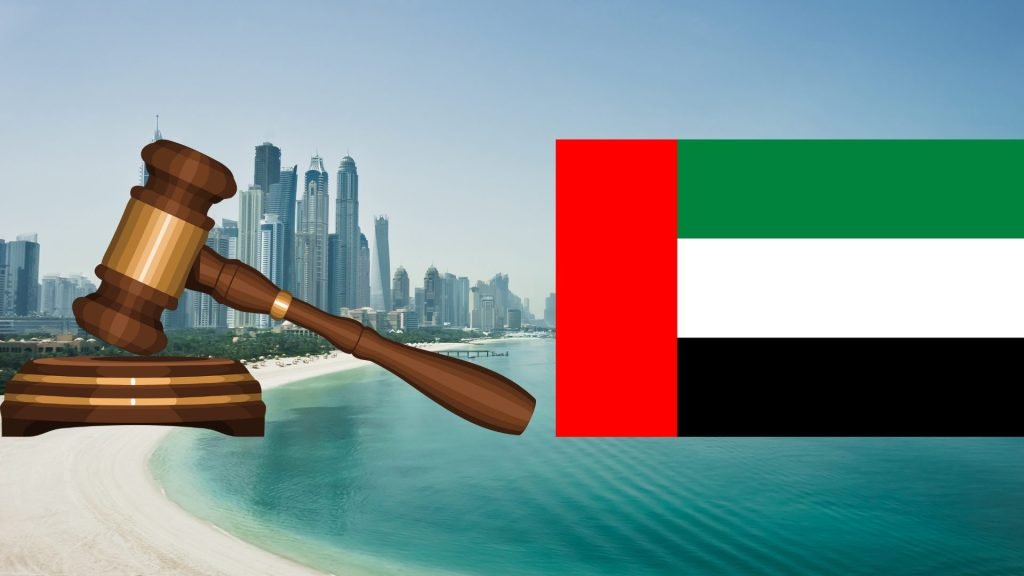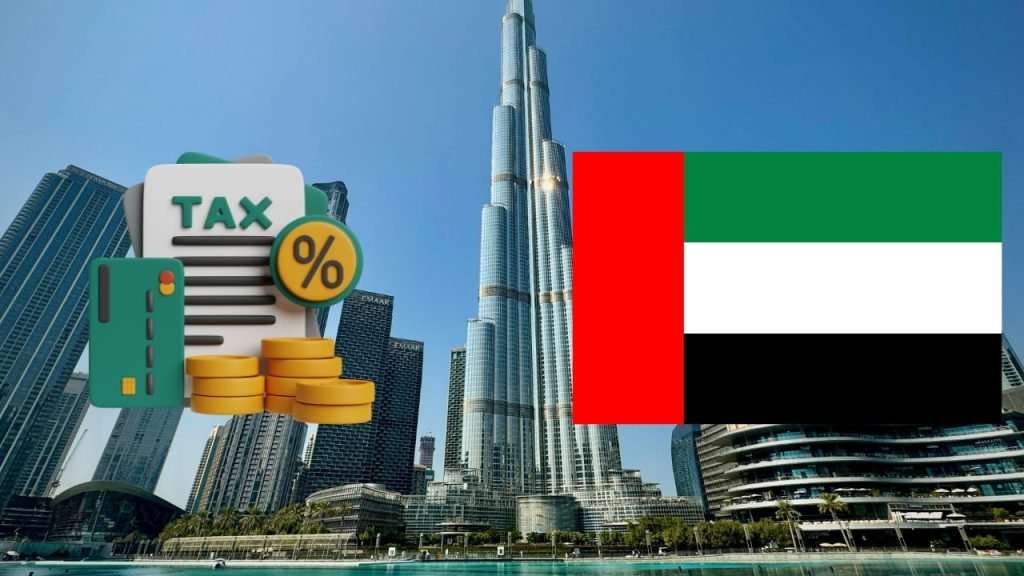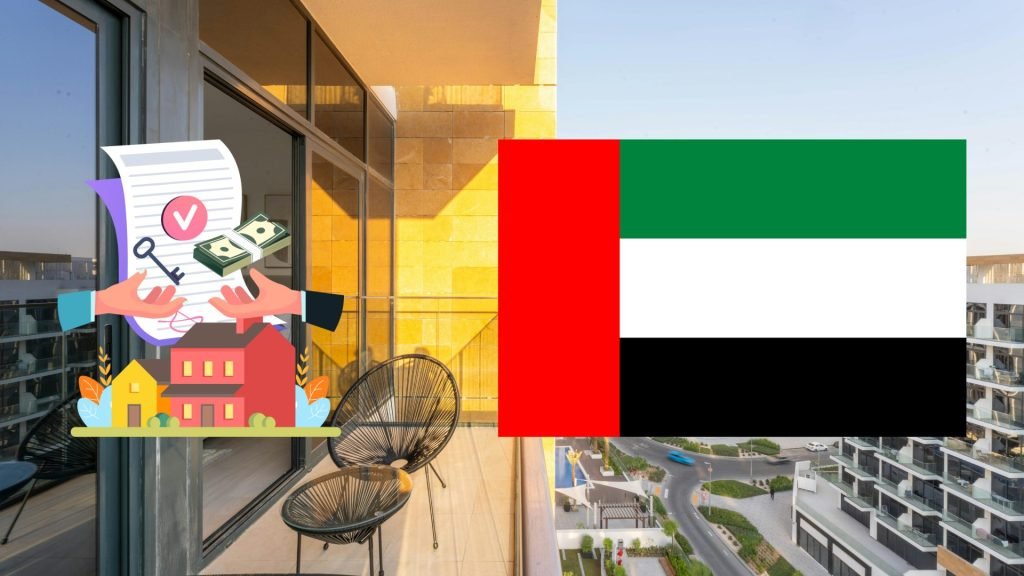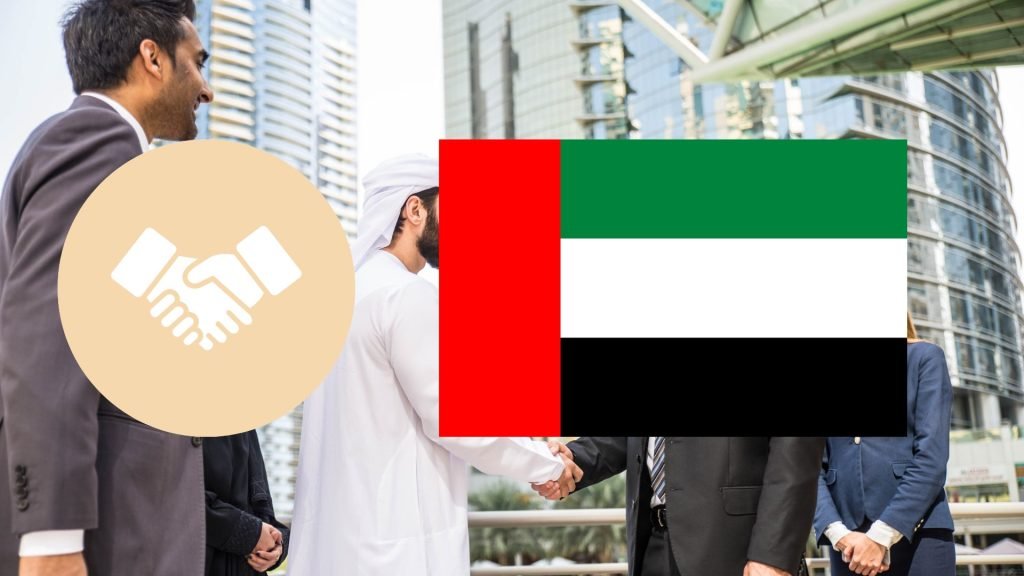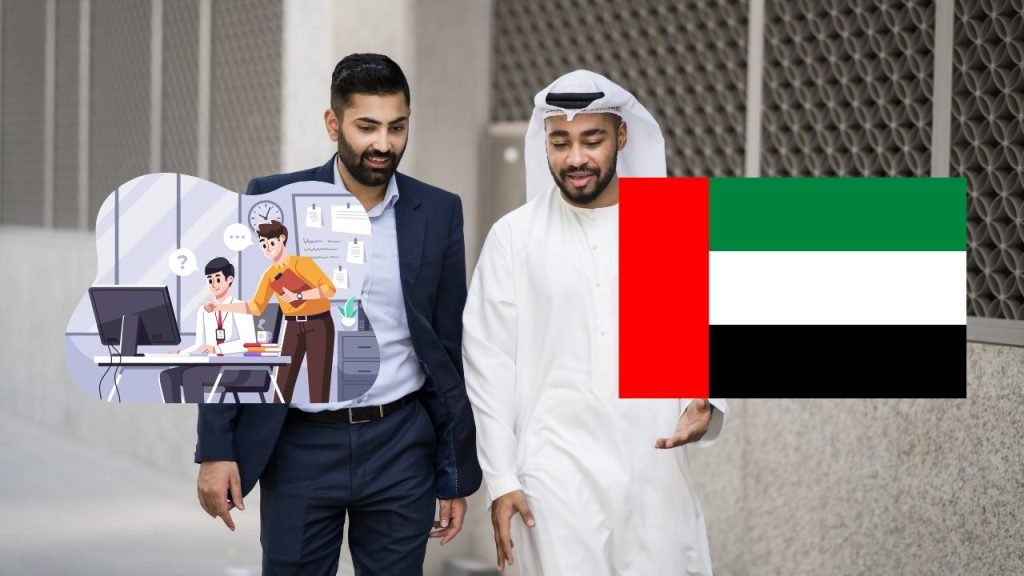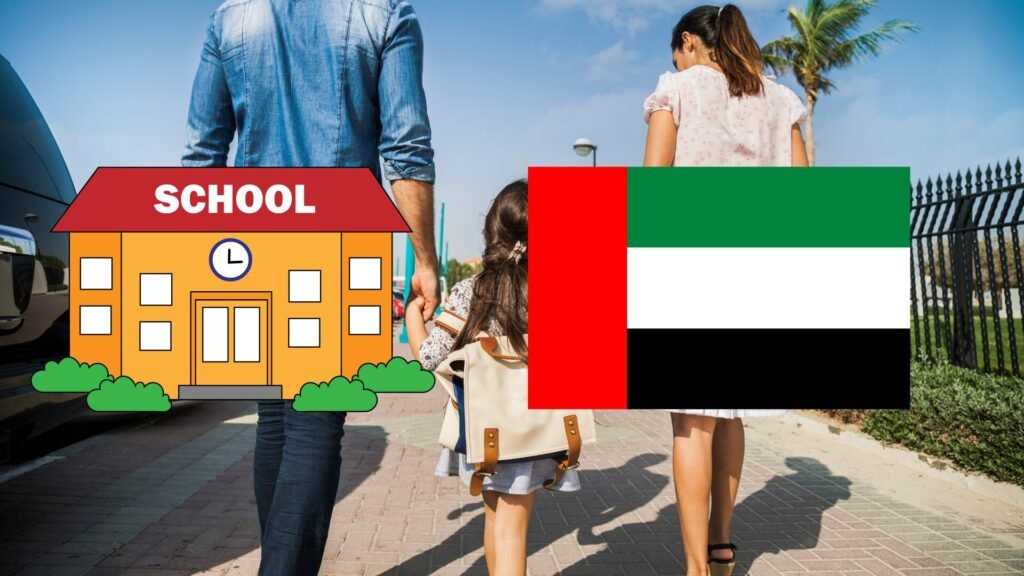Wil je een huis kopen in Dubai? Dubai wint snel aan populariteit bij Nederlanders die willen emigreren naar Dubai. Of het nu gaat om het opbouwen van een zonnige toekomst, met pensioen gaan in Dubai of investeren in vastgoed: Dubai biedt een lekker klimaat, veel belastingvoordelen en een sterk groeiende vastgoedmarkt.
That’s why many people decide to buy a property in Dubai. In this article, we’ll tell you everything you need to know if you’re considering buying a property in Dubai.
What you need to know before you start
Wil je een huis kopen in Dubai? Als local mag je overal in Dubai een huis kopen, maar als je gaat verhuizen naar Dubai als buitenlander mag je niet zomaar overal in Dubai een huis kopen. Als Nederlander mag je als buitenlander alleen een huis kopen in bepaalde zones.
Well-known freehold zones include Dubai Marina, JVC, Palm Jumeirah, and Downtown Dubai.
Als je een huis gaat kopen in Dubai, heb je twee keuzes. Je hebt de keuze tussen freehold (volledig eigendom) en leasehold (huur voor 99 jaar). Om een woning te mogen kopen in Dubai, heb je geen visum nodig, maar wel een geldig paspoort en bewijs van inkomen.
So can you buy a house anywhere in Dubai? Yes, you can. However, you can only buy freehold (full ownership) in certain areas. In other areas, you don’t have this option, so you buy leasehold.
You can buy as much real estate in Dubai as you want. There is no limit to this.

Step-by-Step guide to buying a property in Dubai
Now that you know the basics of buying a property in Dubai, it’s time to actually start the process of buying a property. You can buy a property in 7 steps:
- Determine Your Goal and Budget
- Mortgage
- Choose a Reliable Real Estate Agent or Developer
- Location Choice
- Viewing and Choice
- Purchase Agreement and Payment
- NOC and Property Transfer
Step 1: Determine your goal and budget
The first step in buying a property in Dubai is determining your budget. How much do you want to spend on a property? And why are you buying it? First, think carefully about why you want to buy a property:
- Living in it yourself: If you’re going to live in the property you’re buying in Dubai, you should mainly look at your own situation and what you need. Then you should focus on location, schools, work distance, and comfort.
- Investment: It could also be that you’re buying a property as an investment. In this case, you should look more at what are upcoming or popular areas in Dubai to make as much margin as possible on your investment (ROI). Then focus on rental income and potential value increase. According to GuestReady, gross rental income in Dubai averages 6–7% per year, with peaks above 10% in neighborhoods like JVC or Dubai Marina and depending on long-stay (less, but more security and less hassle) or short-stay (more, but more uncertainty and work).
- Short-term rental (Airbnb): It could also be that you’re buying a property to rent it out on Airbnb and thus more as a holiday home. This is especially interesting in tourist zones like Palm Jumeirah or Downtown Dubai. In this case, you also consider other things like how close it is to tourist attractions and what leisure activities are available.
Once your goal for buying a property in Dubai is clear, you should also look at whether it’s all financially feasible for you. If you don’t have the money directly, you’ll need to take out a mortgage, just like in the Netherlands.
Een bank in Dubai, wil er ook zeker van zijn dat jij dit geld ook kan betalen, dus stelt de bank dan natuurlijk eisen. Ook is het belangrijk om je financiële situatie te bekijken:
- Banks in Dubai finance a maximum of 80% for residents and 75% for non-residents. For locals, this is around 85%. So they have an advantage.
- You often need at least 20–30% of your own money for down payment + additional costs (such as 4% transfer tax).
- Your monthly income should preferably be above AED 15,000 (approximately €3,750) if you are seeking financing through a bank. This, of course, also depends on the amount you want to borrow from the bank.
Step 2: Mortgage
If you want to buy a property in Dubai but don’t have the cash yourself, you’ll need to take out a mortgage in Dubai. When you choose a mortgage, start with a pre-approval from a local bank or mortgage advisor. You will need the following documents, among others:
- Passport
- Proof of income or employment contract
- Bank statements (usually last 6 months)
- Visa (if applicable)
It’s therefore useful to get a pre-approval from the bank before you buy a property, so you know for sure that the bank can arrange the financing for you. If you buy a property and can’t secure the financing, you can often incur a high penalty. This makes it nice to have certainty about your financing in advance. Typically, real estate agents can also help you find an attractive mortgage, so you could skip this step and go directly to step 3.
Note: The mortgage interest rate in Dubai is currently around 4-5%, with terms usually of 25 years. When purchasing a property in Dubai through a mortgage, you must also be able to cover the 4% transfer tax, renovation costs, and real estate agent fees yourself. Keep this in mind when making your decision.

Step 3: Choose a reliable real estate agent or developer
If you want to buy a property in Dubai, it’s important to work with a reliable real estate agent or property developer. Because real estate is a fairly popular topic in Dubai and there’s a lot of money to be made, there are many real estate agents in Dubai. This can make it difficult to make a choice.
Always work with a RERA-registered agent. These professionals are officially recognized and must adhere to regulations of the Dubai Land Department.
Once you’ve found a reliable real estate agent or property developer in Dubai, you can choose between existing property or new construction. So you have the choice between:
- Existing property (secondary market): Immediately available, but often slightly more expensive and older.
- New construction (off-plan): More attractively priced, often with spread payment plans, but the property is often only available to live in after a few years.
Well-known property developers with a good reputation include Emaar, Nakheel, Ellington, and Meraas. Extra caution is advised with smaller property developers: always check the track record of a real estate agent or property developer in Dubai when you’re going to buy a property.
Step 4: Location choice when buying a property in Dubai
When you’re going to buy a property in Dubai, the location where you’re going to buy is of course extremely important. As we discussed in step 1, you should choose a location based on your goals for the property. The location determines not only your living pleasure but also the return on your investment, if it’s an investment of course. Popular areas to buy a property in Dubai are:
- Palm Jumeirah: Luxury and prestige, ideal for short-term rentals. Highest real estate prices.
- Dubai Marina: Perfect for expats, vibrant atmosphere, good rental income.
- Downtown Dubai: Near Burj Khalifa and Dubai Mall. High demand, stable rental market.
- Jumeirah Village Circle (JVC): Affordable, lots of new construction, high rental demand.
- Arabian Ranches: Popular with families. Quiet living environment with greenery and schools.
Many people often already have a personal preference about the neighborhood where they want to live. A real estate agent in Dubai can always help you well with this too. If you have your goals and budget clear, the agent can also look at which property best fits your situation.
Als je het nog niet helemaal zeker weet zou je ook kunnen overwegen om eerst een huis te huren in Dubai om de wijk te leren kennen en dan als je zeker weet of de wijk bij je past of niet pas een huis te gaan kopen.

Step 5: Viewings and choosing the property
If you opt for existing construction, you can view a property before actually buying it. In some cases, people buy a property and then move to Dubai, making it impossible for them to be present at the viewing.
Physical presence during a property viewing is not mandatory; many real estate agents offer virtual tours. Tips:
- Always request floor plans and construction plans.
- Check the condition of the building and facilities.
- Have a technical inspection carried out for existing buildings.
With new construction, the property you have bought is often not yet developed. This means you can only view the location, but not the actual property you are buying. To get a feel for the property you’re purchasing, you could visit the location.
Step 6: Purchase Agreement and Down Payment
Have you found a property you want to buy? Then the legal process begins:
- Form F (MOU): Preliminary purchase contract, signed at the Trustee Office.
- Down payment: often 10% of the purchase price as a deposit.
- Conditions: Establish agreements on delivery, furniture, deadlines.
Step 7: NOC and property transfer
After the down payment, the application for a No Objection Certificate follows with the developer. Then:
- Transfer at the Trustee Office with cheque/payment
- Pay 4% transfer tax
- Receive new title deed

Important costs when buying a property in Dubai
There are several important costs you need to consider when buying a property in Dubai. These costs are:
- DLD transfer tax: 4%
- Mortgage interest: 4–5%
- Down payment: 10%
- Own funds: 20-30%
- Real estate commission: 2% – 10% (depending on the property)
- Trustee Office fee: ± AED 4,000–5,000
- Mortgage registration costs: 0.25%
- Possible legal costs
These are generally the costs, though these figures may vary per situation.
Tax benefits
Many people buy real estate in Dubai because it’s an attractive city for investment.
- No income tax on rental income (private)
- No capital gains tax
- Average return 5–8% long-stay, up to 10% for short-stay rentals*
Pitfalls and how to avoid them
The real estate market in Dubai is popular and large, so it also attracts cowboys who try to take advantage of some people’s ignorance.
- Check real estate agent through RERA
- Buy from well-known developers
- Do your own research on prices and conditions
- Have building inspections carried out
- Always ensure clarity on costs before signing
Visa through real estate: the Golden Visa
Ga je investeren in vastgoed in Dubai? Dan kun je ook een visum krijgen. Dubai trekt graag investeerders aan en als je genoeg vastgoed hebt, kun je dus een visum krijgen.
- Min. AED 2 million investment (around € 500,000)
- 5-year visa for you + family (if you are a man)
- Access to local services
Als je met pensioen bent kun je ook een visum krijgen als je een huis koopt in Dubai van een bepaalde waarde.
Read all current rules here: Golden visa.
Useful websites and tools
- Property Finder – propertyfinder.ae
- Bayut – bayut.com
- Dubai REST app
- DLD Sales Register
- RERA Broker Check – dubailand.gov.ae
Frequently asked questions
Als buitenlander mag je niet overal in Dubai een huis kopen. Je kunt alleen vastgoed kopen in zogeheten freehold zones zoals Dubai Marina, Jumeirah Village Circle (JVC), Downtown Dubai en Palm Jumeirah. Binnen deze freehold zones mag je volledig eigenaar worden van het huis dat je koopt. Buiten deze zones is alleen leasehold mogelijk, waarbij je het recht koopt om het huis te gebruiken (vaak 99 jaar).
Nee, je hebt geen visum nodig om een huis te kopen in Dubai. Wel moet je een geldig paspoort hebben en in veel gevallen een bewijs van inkomen kunnen overleggen, zeker als je financiering wilt regelen via een bank.
Voor expats is de minimale aanbetaling meestal 20-25% van de aankoopprijs. Reken daarnaast op 4% overdrachtsbelasting, 2–6% makelaarskosten en bijkomende kosten zoals hypotheekregistratie (0,25%) en trustee-fees (AED 4.000–5.000). In totaal heb je dus gemiddeld 20–30% eigen geld nodig. Een appartement kopen start vanaf zo’n € 150.000, maar populaire locaties liggen vaak hoger.
Voor een wereldstad als Dubai, is Dubai relatief goedkoop, maar het hangt ook sterk af waarmee je het vergelijkt in Nederland. Ook hangt dit af van de locatie en het type woning. In opkomende gebieden zoals JVC of Dubai Sports City zijn de prijzen relatief laag. In Downtown Dubai of op Palm Jumeirah zijn de prijzen vergelijkbaar met of duurder dan Nederland. Dubai kent geen belasting op huurinkomsten of vermogenswinst, wat het aantrekkelijk maakt voor investeerders.
De minimale aanbetaling voor niet-ingezetenen is doorgaans 20-25% van de koopsom. Lokale bewoners kunnen tot 85% financiering krijgen, expats tot 75-80%. Banken vereisen daarnaast bewijs van stabiel inkomen en meestal een minimaal maandsalaris van AED 15.000 (~ € 3.750).
Dubai biedt een stabiel investeringsklimaat met een groeiende bevolking, toerisme en belastingvoordelen. Bruto huurrendementen liggen gemiddeld tussen de 6 – 8%, met uitschieters tot 10% bij short stay verhuur in toeristische gebieden. Combineer dit met geen belasting op huurinkomsten, en het kan een zeer slimme investering zijn.
Ja, dat kan. Short stay verhuur is toegestaan, mits je een licentie aanvraagt bij de Dubai Tourism and Commerce Marketing (DTCM). Populaire wijken voor Airbnb-verhuur zijn o.a. Palm Jumeirah, Dubai Marina en Downtown Dubai. Zorg wel dat je aan alle regelgeving voldoet.
Bij freehold ben je volledig eigenaar van de woning en het stuk grond. Bij leasehold koop je het gebruiksrecht voor een periode, vaak 99 jaar. Buitenlanders mogen alleen in freehold-zones volledig eigenaar worden.
Gemiddeld duurt het proces 30 tot 60 dagen, mits je de financiering en documenten op orde hebt. Het proces bestaat uit 7 stappen: doel/budget bepalen, hypotheek regelen, makelaar kiezen, locatie bepalen, woning kiezen, koopovereenkomst tekenen en uiteindelijk de eigendomsoverdracht.
Ja, bij een investering van minimaal AED 2 miljoen (~€ 500.000) kom je in aanmerking voor de Golden Visa, een verblijfsvergunning van 5 jaar voor jou en je gezin. Dit visum is populair bij investeerders en gepensioneerden.
